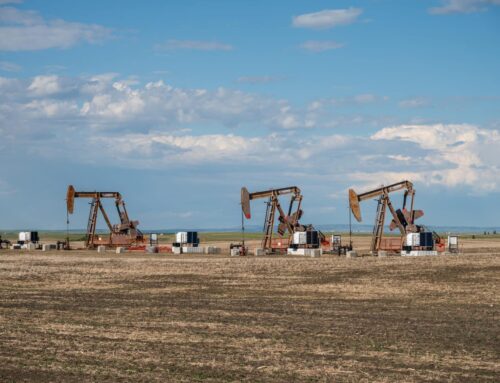Washington, DC – Over the last two decades, the U.S. Forest Service (USFS) lost several hundred million dollars on timber sales in the Tongass National Forest, according to a new report by Taxpayers for Common Sense. The analysis comes as a decision to roll back a two-decade old rule prohibiting logging in unroaded areas of the Tongass – a move that would open more many more acres of forest to logging and dramatically increase taxpayer losses—is expected any day.
The report, Cutting Our Losses: Twenty Years of Money-Losing Timber Sales in the Tongass examines two decades of timber sales and their fiscal return for federal taxpayers. In total, the report finds that federal taxpayers have lost $600 million since 1999.
“It is outrageous that taxpayers don’t earn a profit selling the timber from our national forests — timber that all US taxpayers own,” said Ms. Ryan Alexander, president of Taxpayers for Common Sense. “Worse yet, it actually costs taxpayers millions to “sell” our timber. That doesn’t make sense.”
The USFS manages nearly 200 million acres of public forests and grasslands. The Tongass National Forest stretching across 16.8 million acres in Southeastern Alaska, is by far the largest national forest in the country. The nonpartisan investigative arm of Congress, the U.S. Government Accountability Office, has criticized the USFS since the 1980s for preparing and conducting timber sales in the Tongass that generate less revenue than they cost to administer, resulting in a net loss for taxpayers.
Using Forest Service budget data and adjusting for inflation, the report finds that Tongass timber sales have generated $34 million in revenue over the last two decades, but that revenue has covered just five percent of the $632 million in Forest Service costs. The difference, equal to $598 million in 2018 dollars, means taxpayers have lost $30 million per year subsidizing Tongass logging.
The USFS is currently finalizing a draft rule to provide the state of Alaska an exemption from the national Roadless Rule. The current rule prohibits logging in unroaded areas. Opening up these areas to timber sales could dramatically increase taxpayer costs to administer these sales. The Tongass National Forest currently has more than 4,000 miles of roads which are almost exclusively used by the timber industry for logging purposes.
“Taxpayers are paying for roads they cannot use in order to shield timber companies from the true cost of doing business,” continued Alexander. “Opening up new areas to timber roads will only saddle taxpayers with even more construction and maintenance costs and pile onto the Forest Service’s current $3 billion maintenance backlog.”
Last October, the USFS held meetings on the proposed Alaska Roadless exemption in Alaska and Washington, D.C. A draft rule is expected in the coming weeks.
“It is clear the timber sale program is broken. It is past time for a serious analysis of the costs and benefits of timber sales in the Tongass, especially when increased sales could be on the table. Something must change or else this program will continue to sap taxpayers of millions of dollars to sell the federal resources we all own,” concluded Alexander.
FULL REPORT AVAILABLE HERE
###
ABOUT: Taxpayers for Common Sense (TCS) is a nonpartisan budget watchdog that has served as an independent voice for the American taxpayer since 1995. TCS works to ensure that taxpayer dollars are spent responsibly and that government operates within its means.
MEDIA CONTACT: sohini@taxpayer.net











Get Social